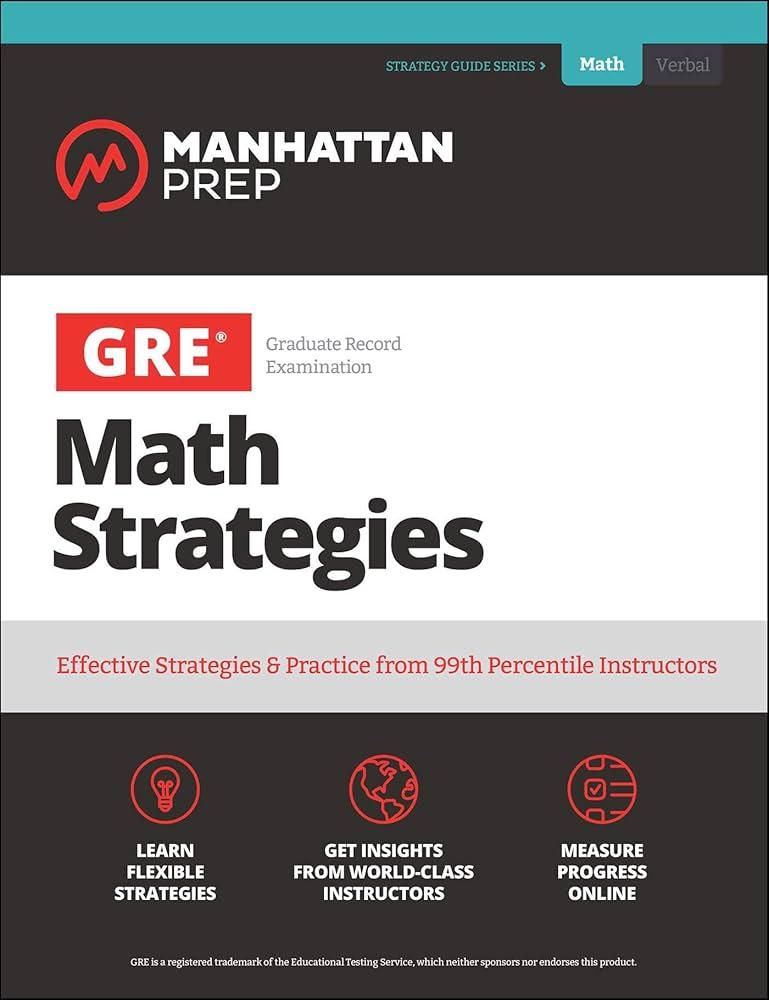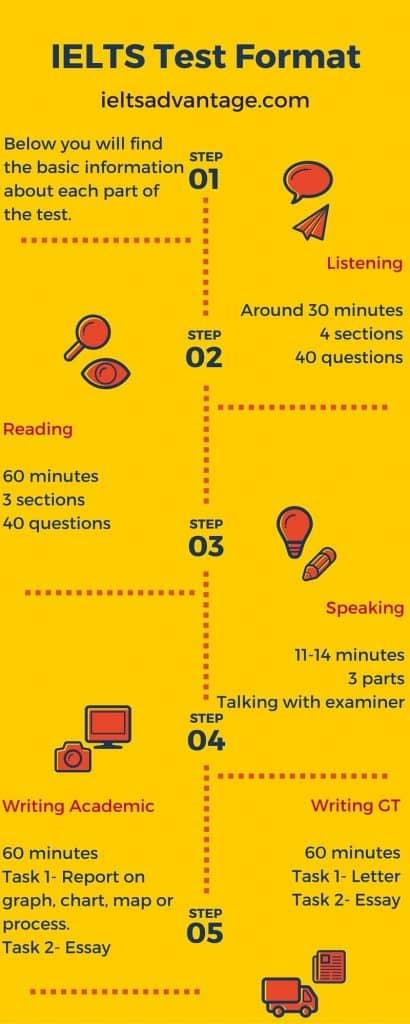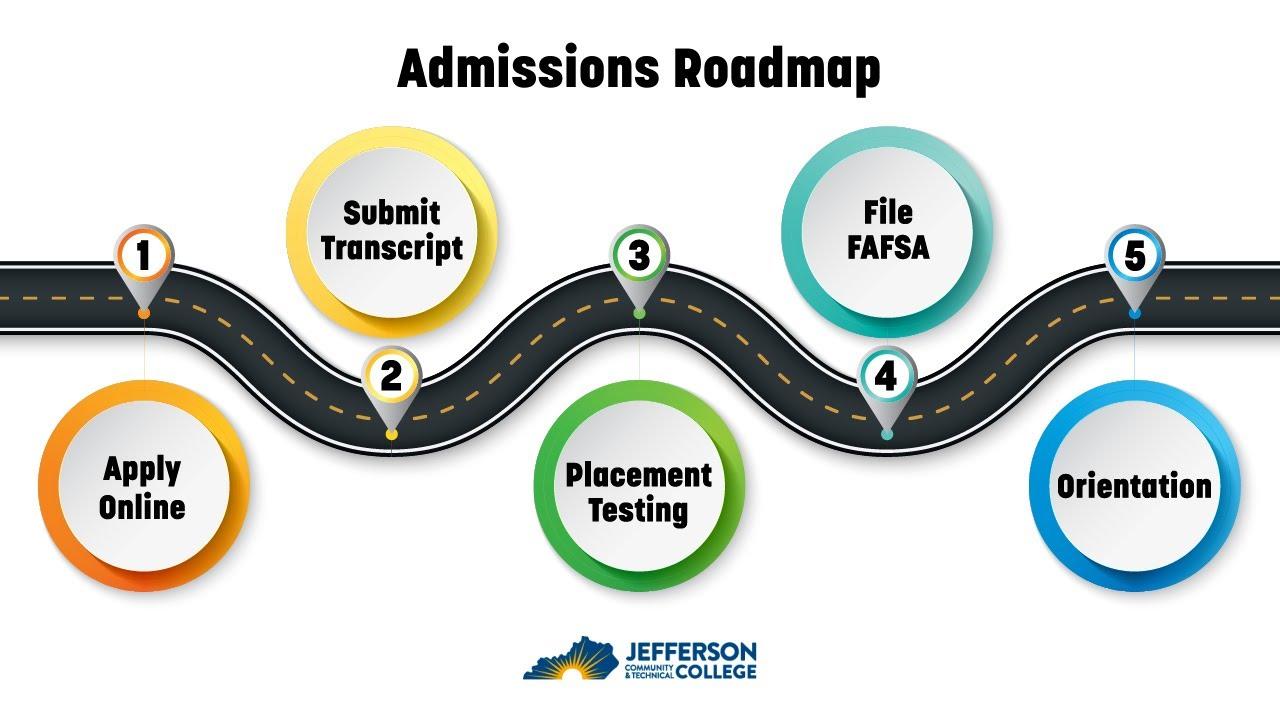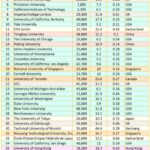Now Reading: Building Your English Vocabulary: Essential Words and Phrases for Academic Success Abroad.
-
01
Building Your English Vocabulary: Essential Words and Phrases for Academic Success Abroad.
Building Your English Vocabulary: Essential Words and Phrases for Academic Success Abroad.
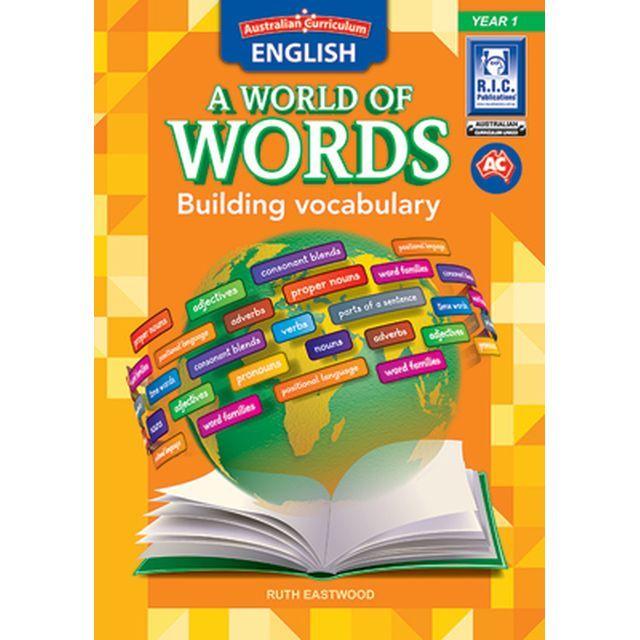
In an increasingly interconnected world,the ability to communicate effectively in English is more crucial then ever,especially for those embarking on academic journeys abroad. Whether you’re navigating the bustling halls of a university or engaging in spirited discussions with classmates from diverse backgrounds, a robust vocabulary can be your greatest ally. This article invites you to explore the essential words and phrases that form the backbone of academic discourse, providing you with the tools necessary to articulate your ideas with clarity and confidence. From understanding complex texts to contributing meaningfully in seminars, enhancing your English vocabulary is not merely a task; it’s an empowering step toward achieving your academic goals in an English-speaking environment. Join us as we delve into the fundamental linguistic building blocks that can elevate your educational experience and open doors to new opportunities.

Understanding the Academic Landscape: Key Vocabulary for International Students
As you embark on your academic journey in a new country, familiarizing yourself with essential vocabulary is crucial for navigating the educational landscape. Understanding terms related to both classroom dynamics and academic processes can substantially enhance your learning experience. Here are some key terms to keep in mind:
- Syllabus: A document outlining course objectives, topics, readings, and assessment methods.
- Credit hours: Units that indicate the amount of academic work or study required.
- Prerequisite: A course or requirement that must be completed before enrolling in another course.
- GPA (Grade Point Average): A numerical depiction of your academic performance.
- Thesis: A substantial piece of academic work that presents your research findings.
Additionally, being able to articulate and ask questions effectively is just as important as understanding these terms. Here are some phrases that can facilitate better communication with peers and professors:
| Phrase | Usage Context |
|---|---|
| Can you clarify…? | When you need more details about a topic. |
| I would like to discuss… | When initiating a conversation about a specific issue. |
| How do I access…? | when inquiring about resources or materials. |
| What is the deadline for…? | When confirming important dates for assignments. |
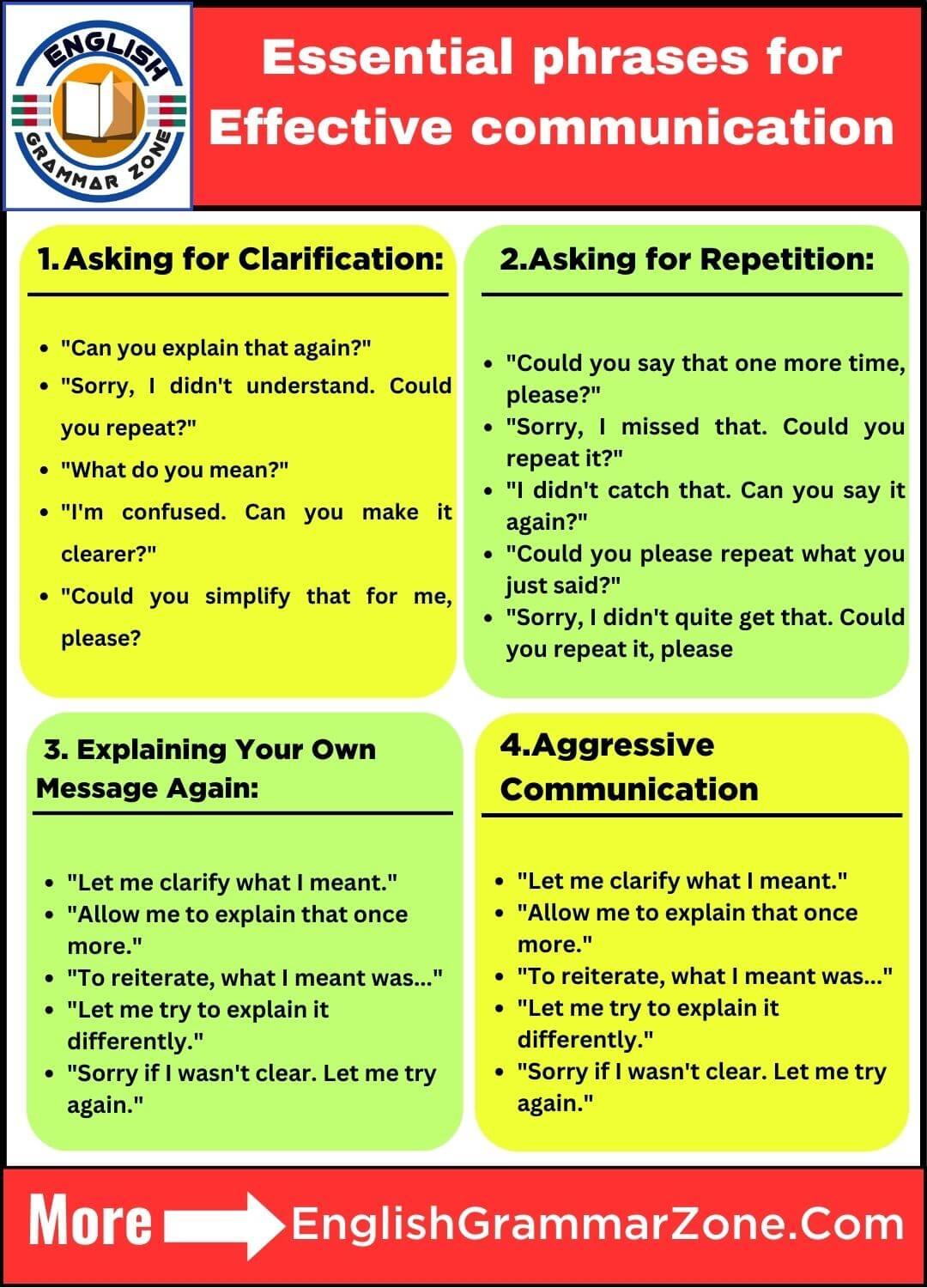
Mastering Essential Phrases: Communicating Effectively in Scholarly Discussions
Effective communication in scholarly discussions requires familiarity with a range of essential phrases that convey confidence and clarity. It’s crucial to express your ideas while also engaging with the perspectives of others. Here are some phrases that can enhance your discussions:
- “I would argue that…” – Grate for presenting your viewpoint while inviting debate.
- “According to recent studies…” – This phrase lends credibility to your claims by referencing research.
- “It seems that…” – Use this to introduce your observations, showing openness to other ideas.
- “In light of this evidence…” – Perfect for summarizing findings before drawing conclusions.
Along with these phrases, understanding how to pose questions and facilitate discussions can dramatically increase your effectiveness in an academic environment. Here are some questions that promote constructive dialog:
| Type of Question | Example |
|---|---|
| Clarification | “Could you elaborate on your point?” |
| Agreement/Disagreement | “Do you agree with this statement? Why or why not?” |
| Hypothetical | “What might happen if we implemented this approach?” |
incorporating these phrases and questions into your dialogues can transform your interactions, making them more dynamic and insightful. With practice, you’ll not only improve your vocabulary but also become a more effective participant in academic discussions.
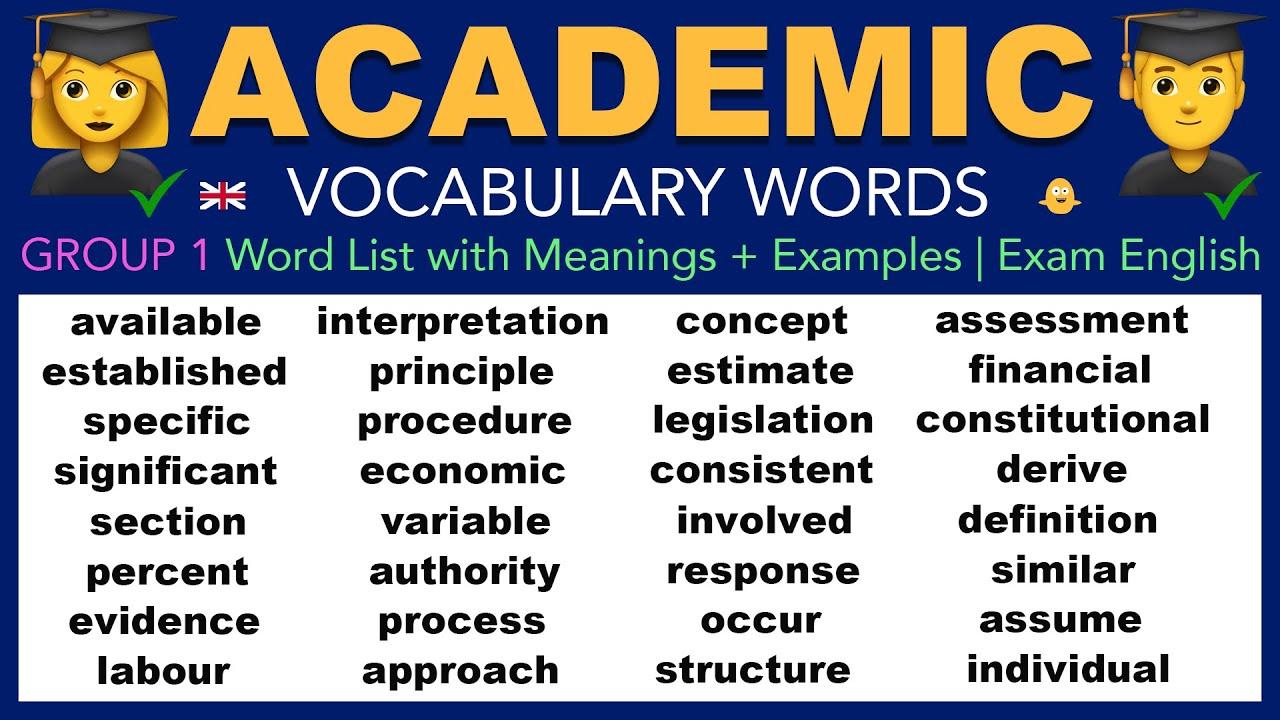
Engaging with Academic Texts: Building a Strong Vocabulary for Reading Comprehension
Engaging with academic texts requires more than just basic language skills; it demands a commitment to expanding your vocabulary.To effectively comprehend scholarly materials, immerse yourself in words and phrases that frequently appear in research articles and textbooks. Focus on understanding key terms in various disciplines, as these are crucial for grasping the material’s core concepts. Here are some essential vocabulary categories to consider:
- Descriptive Terms: Effective, substantial, significant, comprehensive
- Analytical Phrases: In this context, it appears that, this suggests that, one may conclude that
- Argumentative Language: However, nevertheless, consequently, thus
additionally, building a robust vocabulary can be supported through practice and engagement with diverse resources. Consider creating a personalized vocabulary log where you can track new words, their meanings, and usage examples. Consistently revisiting these terms will reinforce your retention and application. Below is a simplified table to help you organize your vocabulary exploration:
| Word/Phrase | Definition | Example Sentence |
|---|---|---|
| Subsequent | Following in time or order | The subsequent findings highlighted the importance of early intervention. |
| Proponent | A person who advocates for a cause | Many proponents of the theory argue that it reshapes our understanding. |
| Incorporate | To include or integrate a part into a whole | The researcher chose to incorporate qualitative methods to enrich the data. |
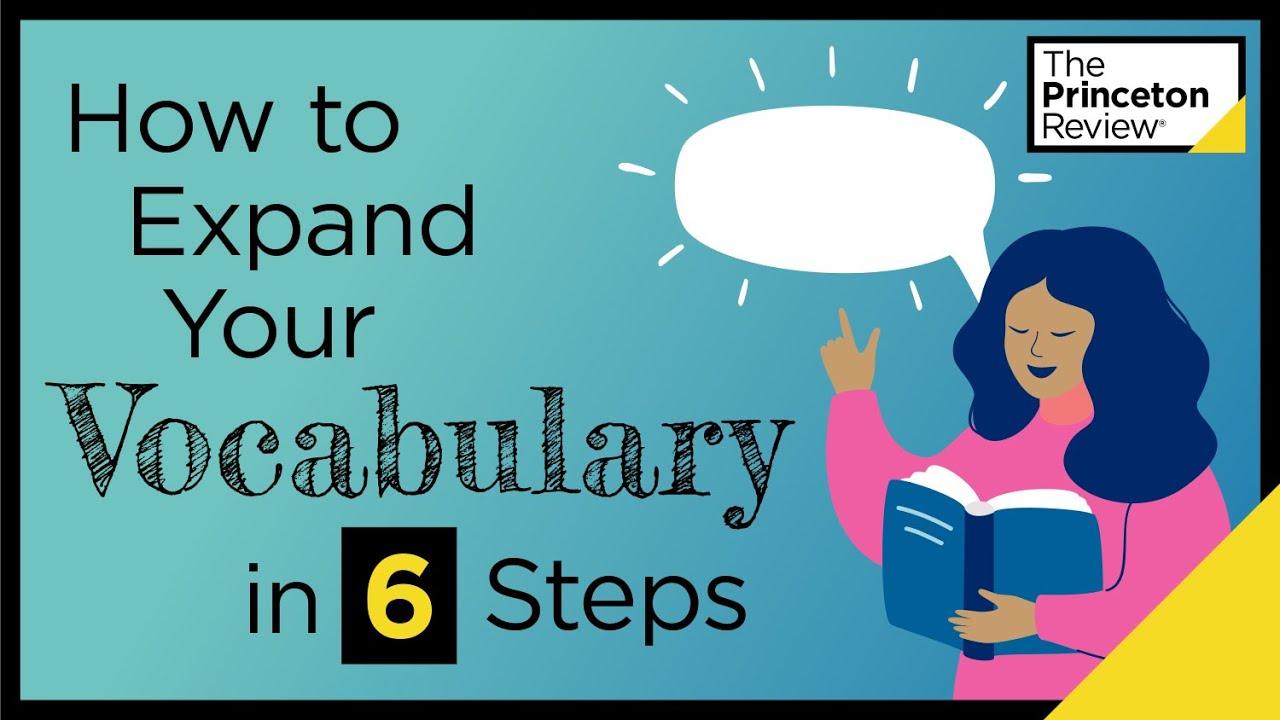
Practical Strategies for Vocabulary Expansion: Tools and Techniques for Success Abroad
Expanding your vocabulary while studying abroad is crucial for academic success. Immersing yourself in the local language environment offers unique opportunities to practice and learn. Engaging with native speakers through informal conversations,academic discussions,and social gatherings can greatly enhance your linguistic skills. Additionally, incorporating these strategies will help solidify your learning:
- Language Exchange Partners: Find language exchange programs where you can teach your native language in exchange for English practice.
- Flashcards: Use applications like Anki or Quizlet to create personalized flashcards that reinforce new vocabulary.
- Contextual learning: Read local newspapers or books to understand vocabulary in context and discover usage patterns.
Furthermore, leveraging technology can play a pivotal role in expanding your vocabulary. Many tools are designed to facilitate language learning and provide a platform for interactive practice.Consider the following resources:
| Resource | Type | Description |
|---|---|---|
| Merriam-Webster Dictionary App | Dictionary | A comprehensive dictionary that offers audio pronunciations and word games. |
| duolingo | Learning App | A fun and engaging platform for learning and practicing vocabulary and grammar. |
| BBC Learning English | Online Resource | Various courses and practice materials tailored to improve comprehension and vocabulary. |
Key Takeaways
As you embark on the exciting journey of honing your English vocabulary for academic success abroad, remember that each new word is a step towards unlocking opportunities and enriching your experiences. Your language skills will not only aid you in navigating academic discussions but will also enhance your ability to connect with diverse cultures and perspectives.
The path to fluency is paved with practice and curiosity. Embrace the challenge, engage with your surroundings, and immerse yourself in conversations that will broaden your horizons. With patience and perseverance, the essential words and phrases you’ve learned will become the building blocks of your academic journey.
In the grand tapestry of your education abroad, vocabulary is the thread that weaves together understanding and expression. So, equip yourself with the tools you need, and approach each day with a sense of adventure. After all, the world is waiting for your voice to be heard. Happy learning!













